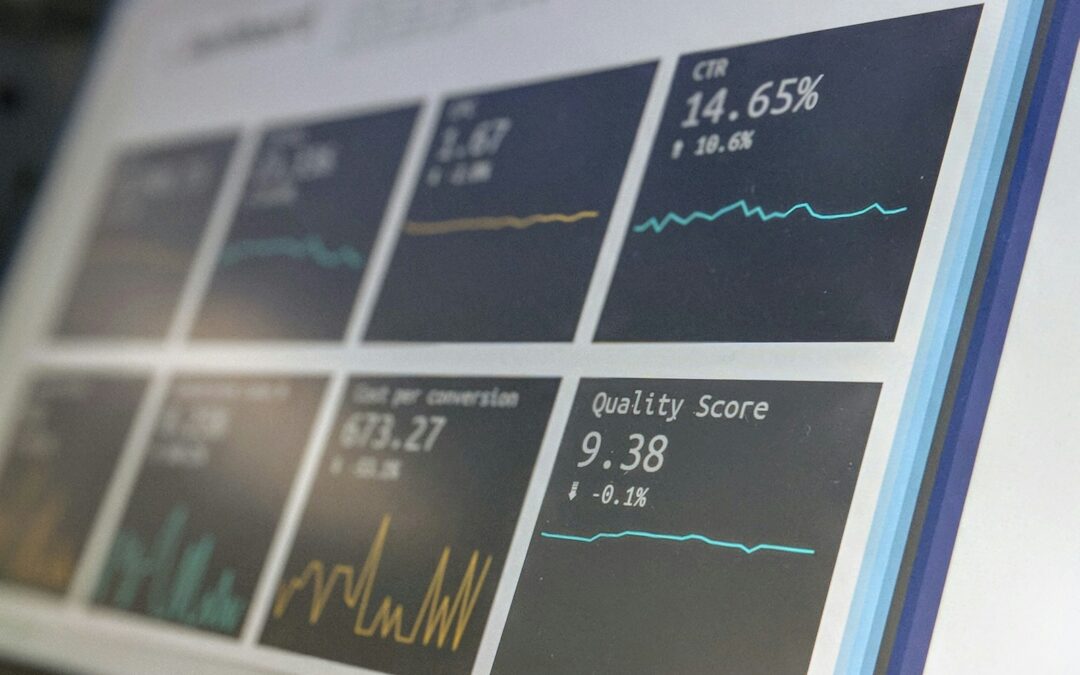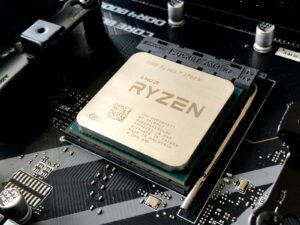The Role of Data Processing Units in IoT Systems
Enabling Efficient Data Analysis and Interpretation
Data processing units in IoT play a critical role in enabling the analysis and interpretation of vast amounts of data collected by IoT devices. In smart cities like Riyadh and Dubai, where IoT technology is extensively implemented, data processing units are indispensable for transforming raw data into actionable insights. These units, often comprising powerful processors and advanced algorithms, facilitate real-time data analysis, allowing for immediate decision-making and optimization of various urban services.
For instance, in smart traffic management systems, data processing units analyze data from numerous sensors to predict traffic congestion and optimize signal timings. This real-time analysis helps reduce traffic jams, lower emissions, and improve overall transportation efficiency. Similarly, in smart healthcare systems, data processing units interpret data from wearable devices to monitor patients’ health continuously. By detecting anomalies and providing timely alerts, these units ensure proactive healthcare management, enhancing patient outcomes and reducing hospital admissions.
Enhancing Business Operations with IoT Data Processing
The integration of data processing units in IoT also offers significant advantages for businesses in Saudi Arabia and the UAE. By harnessing the power of IoT data processing, companies can gain deeper insights into their operations, optimize resource utilization, and improve customer experiences. For example, in the retail sector, data processing units analyze data from smart shelves and customer interactions to optimize inventory management and personalize marketing strategies. This leads to increased sales, reduced waste, and enhanced customer satisfaction.
In the manufacturing industry, data processing units play a pivotal role in predictive maintenance. By continuously analyzing data from IoT sensors embedded in machinery, these units can predict potential equipment failures and schedule maintenance proactively. This minimizes downtime, extends the lifespan of equipment, and reduces maintenance costs. For business executives and mid-level managers, leveraging IoT data processing translates to more informed decision-making, improved operational efficiency, and a competitive edge in the market.
Strategic Integration and Future Prospects
Strategic Benefits of IoT Data Processing
The strategic integration of data processing units in IoT systems provides businesses with numerous benefits, particularly in terms of operational efficiency and innovation. In cities like Riyadh and Dubai, where technological advancement is a priority, the use of advanced data processing units enables the development of smart city solutions that enhance quality of life and drive economic growth. For instance, smart energy management systems use data processing units to analyze consumption patterns and optimize energy distribution, leading to significant cost savings and environmental benefits.
Moreover, the integration of artificial intelligence (AI) with IoT data processing units further enhances their capabilities. AI algorithms can analyze vast amounts of data more accurately and quickly, providing deeper insights and enabling more sophisticated applications. For example, in the agricultural sector, AI-powered data processing units analyze data from soil sensors, weather stations, and drones to optimize irrigation and fertilization schedules, improving crop yields and resource efficiency.
Future Trends and Innovations in IoT Data Processing
The future of data processing units in IoT is poised for continuous innovation, with emerging technologies driving new possibilities for data analysis and interpretation. The development of edge computing, which involves processing data closer to the source rather than in centralized data centers, is expected to revolutionize IoT systems. By reducing latency and enhancing real-time decision-making, edge computing enables more responsive and efficient IoT applications. In smart cities, this means faster responses to traffic changes, more efficient energy management, and improved public safety systems.
Furthermore, the integration of blockchain technology with IoT data processing units offers enhanced security and transparency for data transactions. Blockchain ensures that data collected and processed by IoT devices is immutable and verifiable, reducing the risk of data tampering and enhancing trust in IoT systems. For businesses and governments in the UAE and Saudi Arabia, adopting blockchain-integrated IoT solutions can lead to more secure and reliable operations, fostering innovation and growth.
In conclusion, data processing units in IoT are essential for enabling efficient data analysis and interpretation, driving innovation, and improving operational efficiency. By strategically integrating these units and staying abreast of emerging trends, businesses and municipalities can unlock the full potential of IoT, leading to greater success and sustainability in the digital age.
—
#IoTDataProcessing, #DataAnalysis, #IoTDevices, #ModernTechnology, #BusinessSuccess, #SaudiArabia, #UAE, #Riyadh, #Dubai, #ArtificialIntelligence, #Blockchain, #Metaverse, #ExecutiveCoaching, #GenerativeAI, #LeadershipSkills













